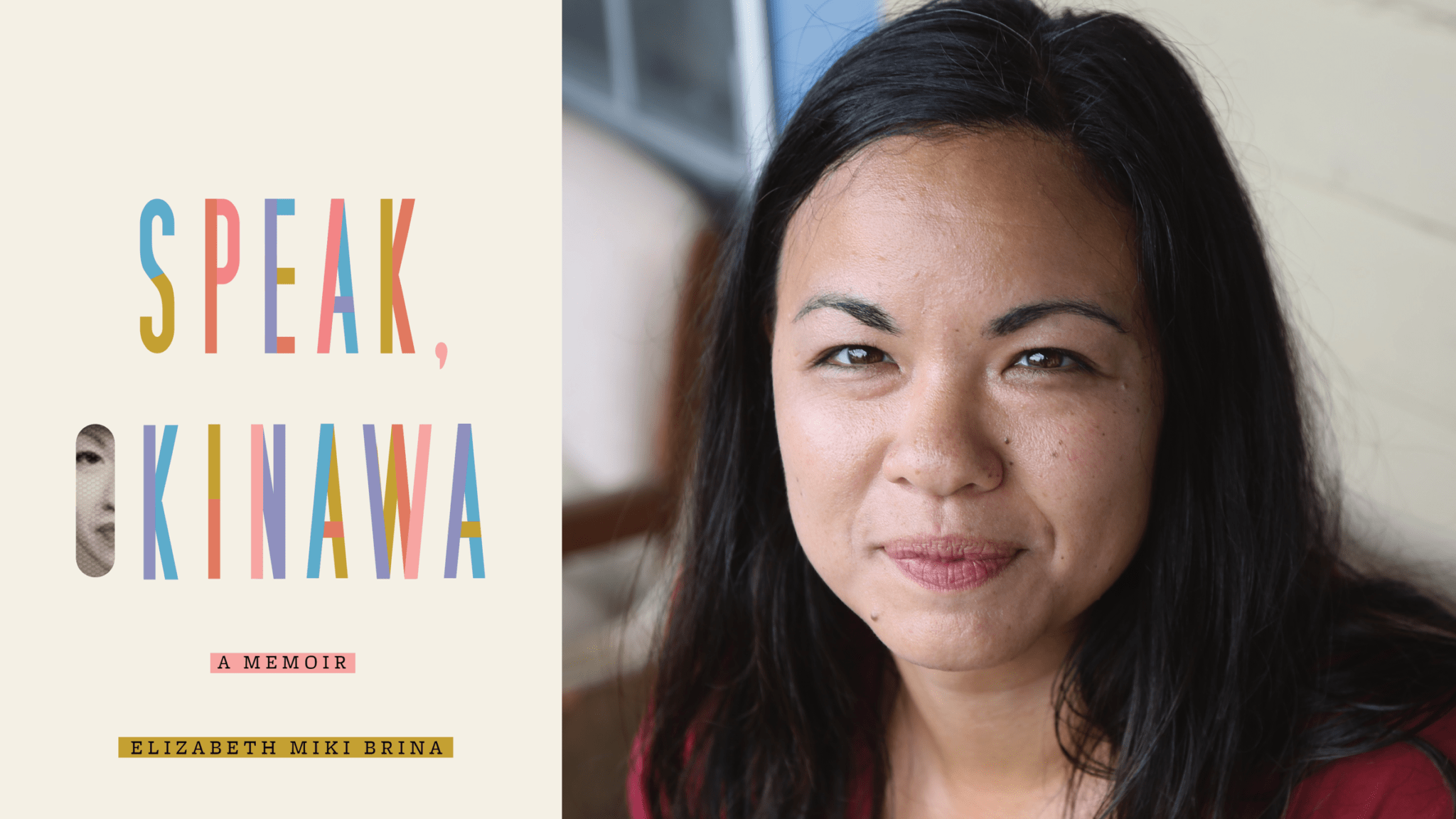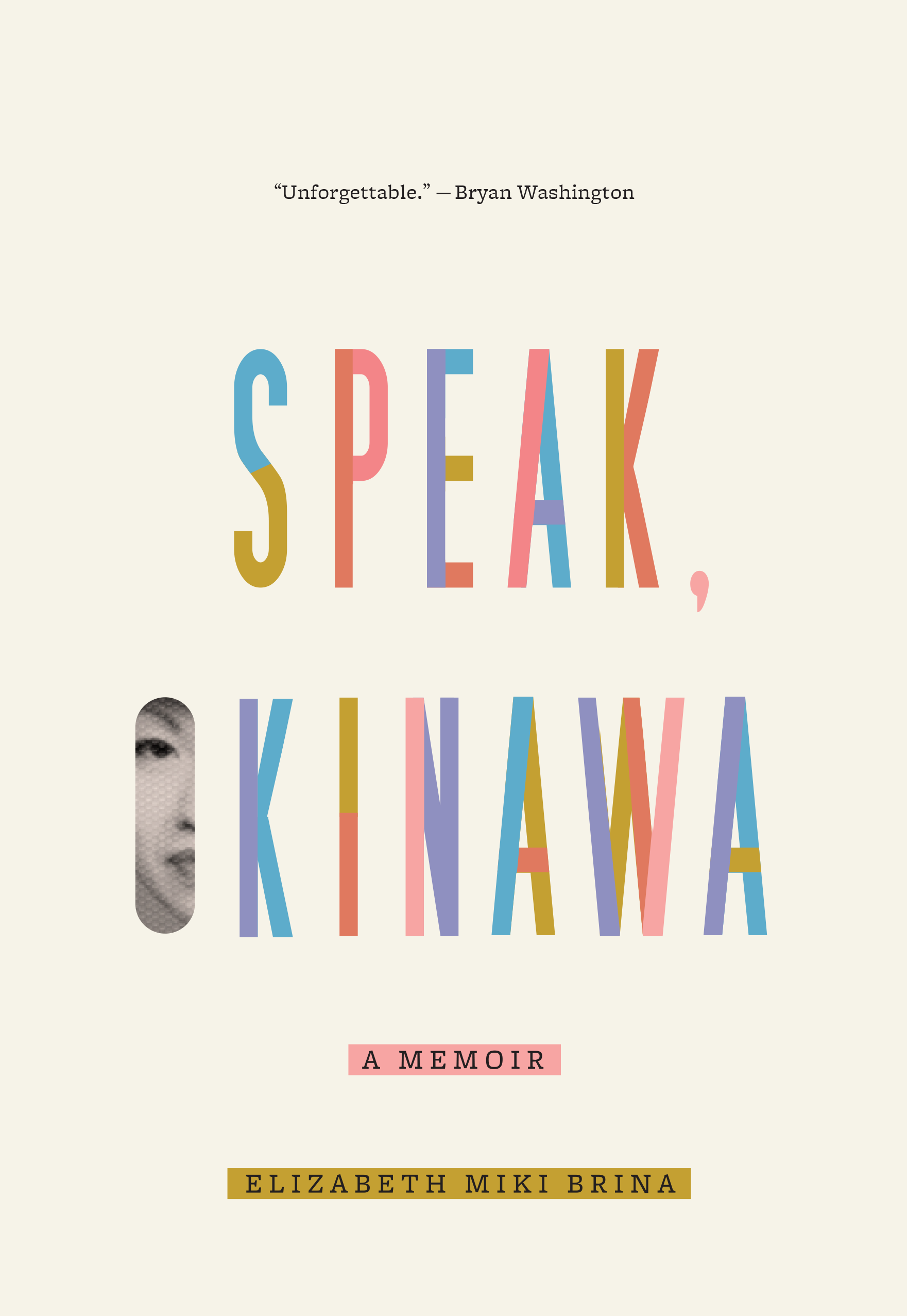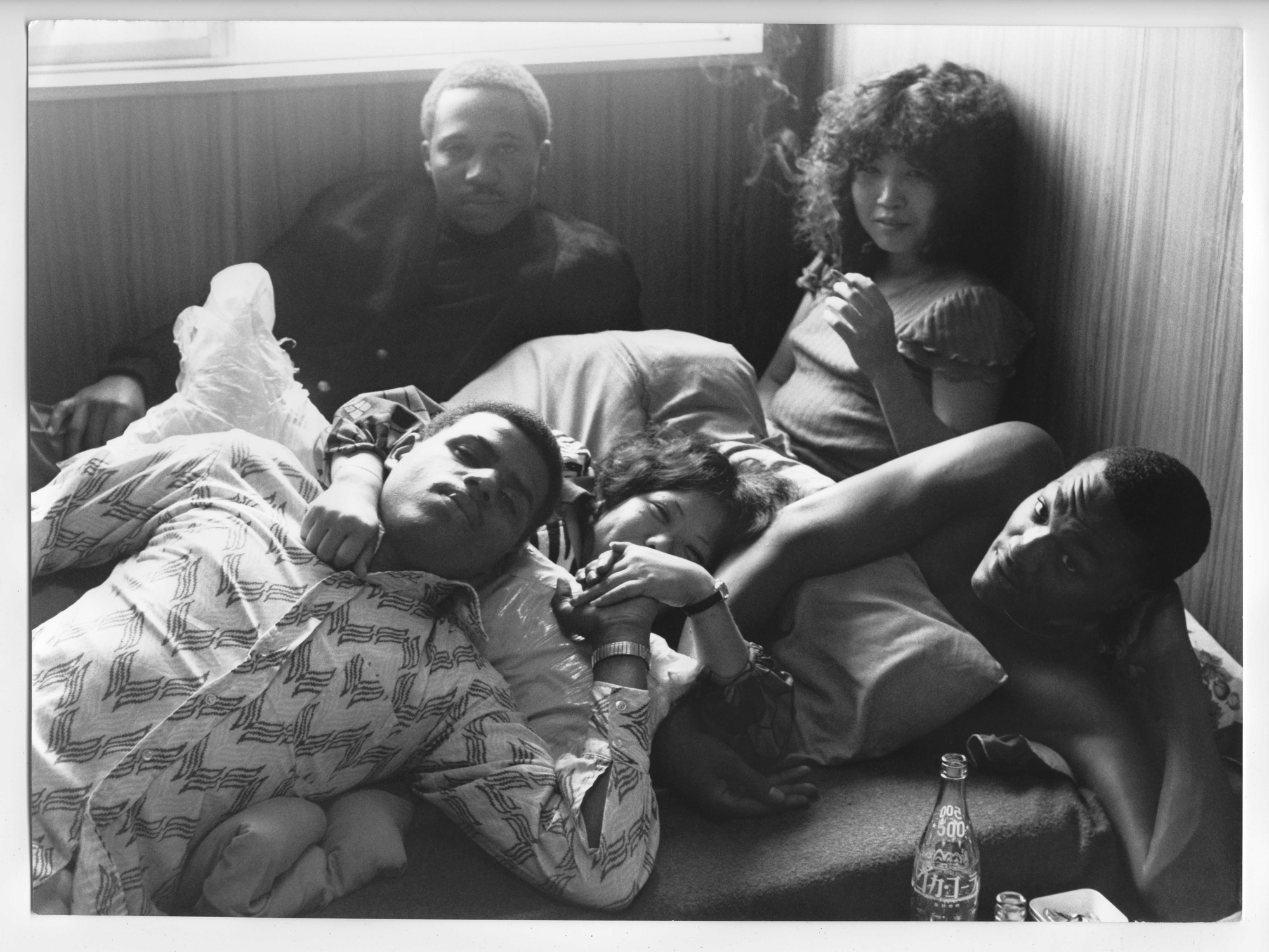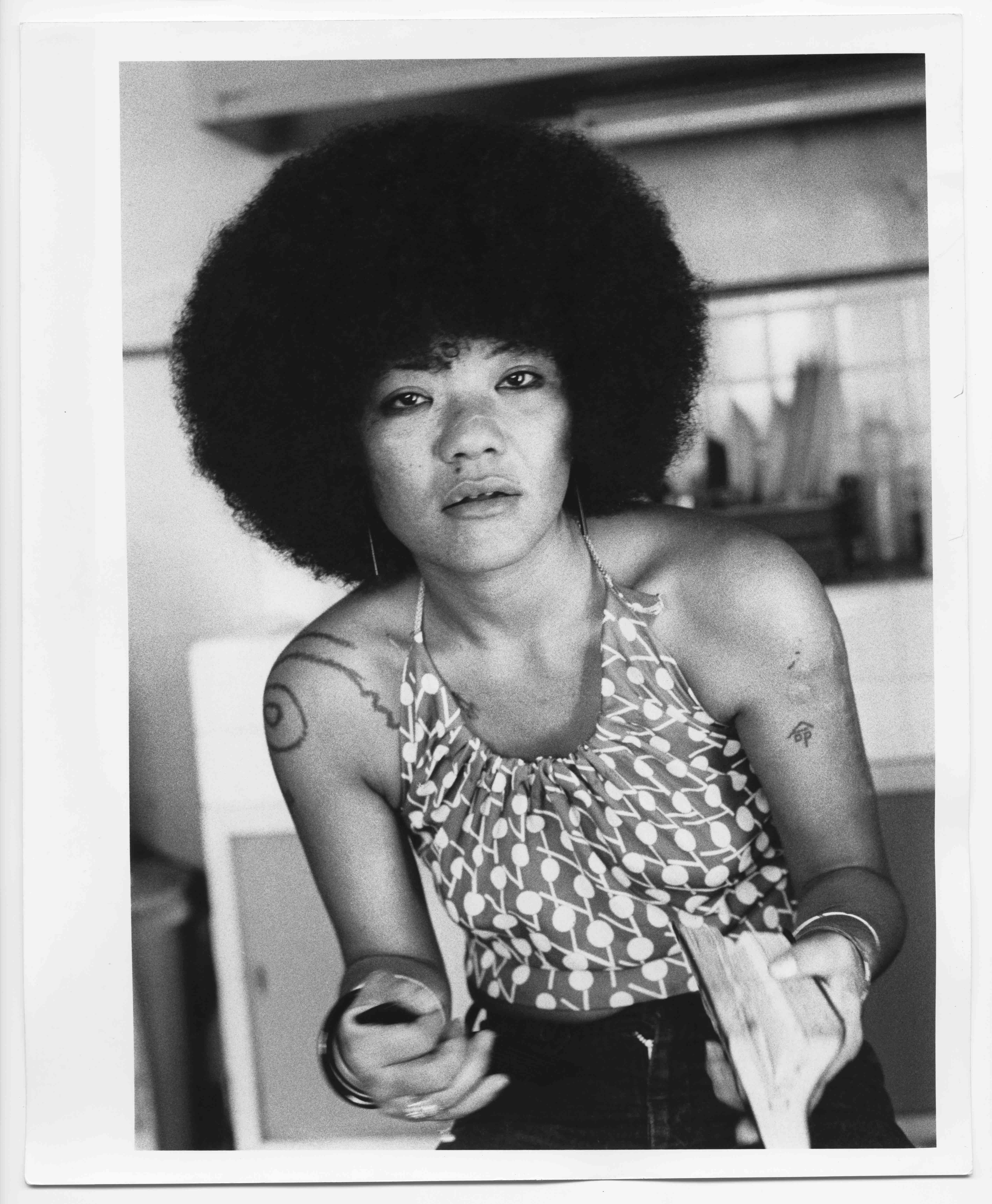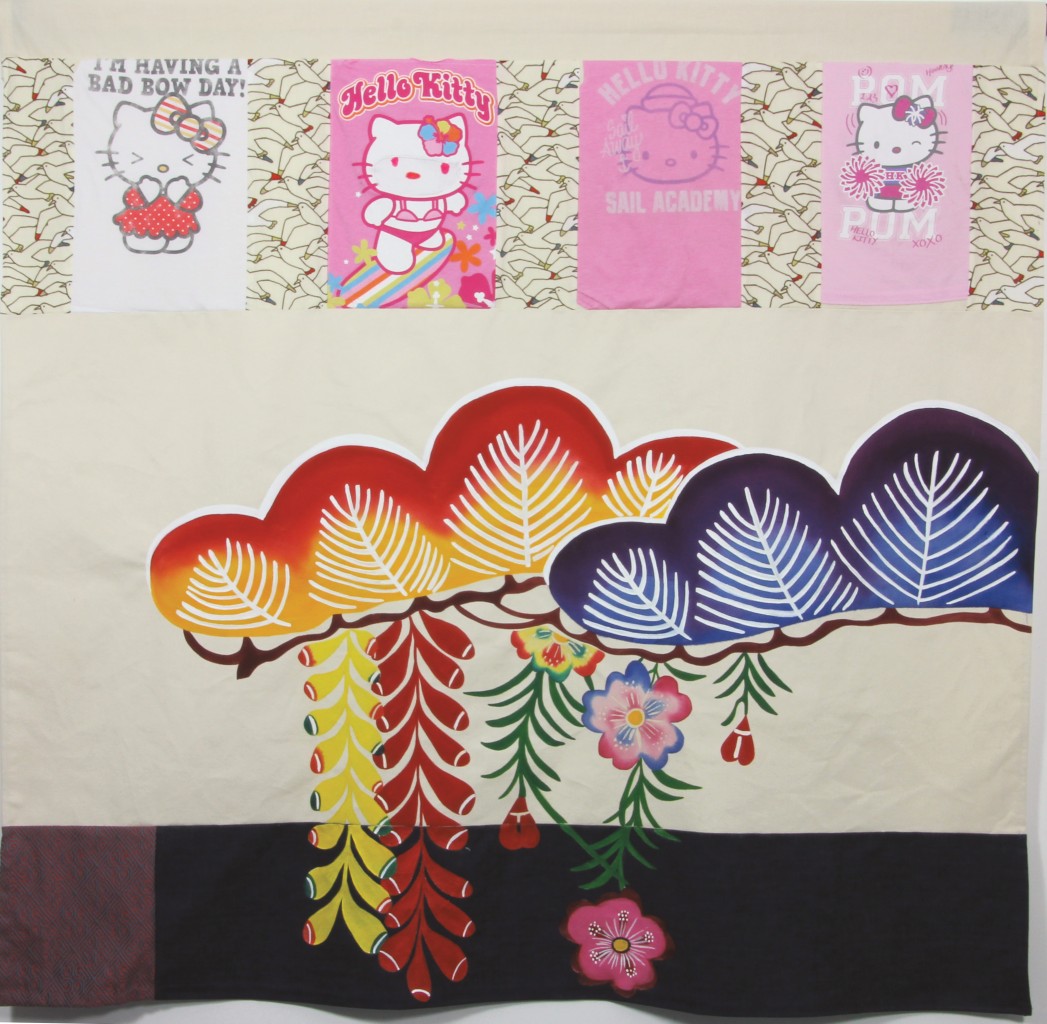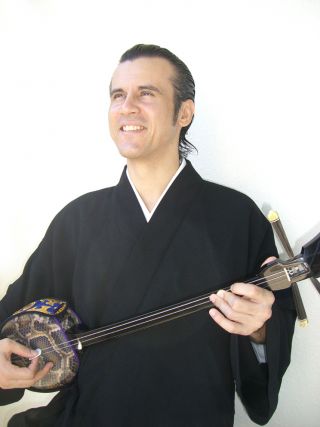Speak, OkinawaPosted in Articles, Asian Diaspora, Biography, Religion, United States, Women on 2021-11-13 01:09Z by Steven |
The Asia-Pacific Journal: Japan Focus
Volume 19, Issue 8, Number 4 (2021-04-15)
Article ID: 5590
Elizabeth Miki Brina

Speak, Okinawa is a book I needed to write for a long time, long before I knew I needed to write it. The book is essentially about healing the relationship between me and my mother, me and my heritage. Both felt very strange and foreign to me, distant from me, for most of my life.
My mother was born and raised in Okinawa. She was born in 1948, three years after the Battle of Okinawa, which destroyed and devastated the entire island, killing one third of the population and leaving those who survived to wander and scavenge amidst the ash and wreckage. My mother was born into poverty and chaos and grief. As she grew up, she witnessed the militarization of the island, the countless crimes that were committed, the injustice. She became a waitress at a nightclub where soldiers, marines, and sailors came from nearby bases to drink, flirt, and forget about the war. She met and married my father, who was a U.S. soldier stationed on the island after fighting in Vietnam.
I had not learned this history, my mother’s history, my history, until I was thirty-four years old.
Perhaps the most direct impetus for writing my book was attending my mother’s baptism. She had recently joined the Rochester Japanese Christian Congregation. The forty or so members were all Japanese, almost all women, almost all middle-aged or older, almost all married to white American men who had served in the military. Seeing all these women together was a revelation. That was when I realized that my family was not utterly unique, not an isolated incident. I began asking questions. I began searching for answers. I wanted to capture this revelation, but in order to render the full impact I had to explain the history that brought these women together, brought my mother and father together. I had to explain my experience of growing up as the only child of two people from such vastly different cultural backgrounds.
Speak, Okinawa is my attempt to explain myself. Not just my own shame and internalized racism, but the long-standing systems and imperialistic origins that caused me to reject my mother and deny my heritage. Speak, Okinawa is my attempt at reconciliation…
